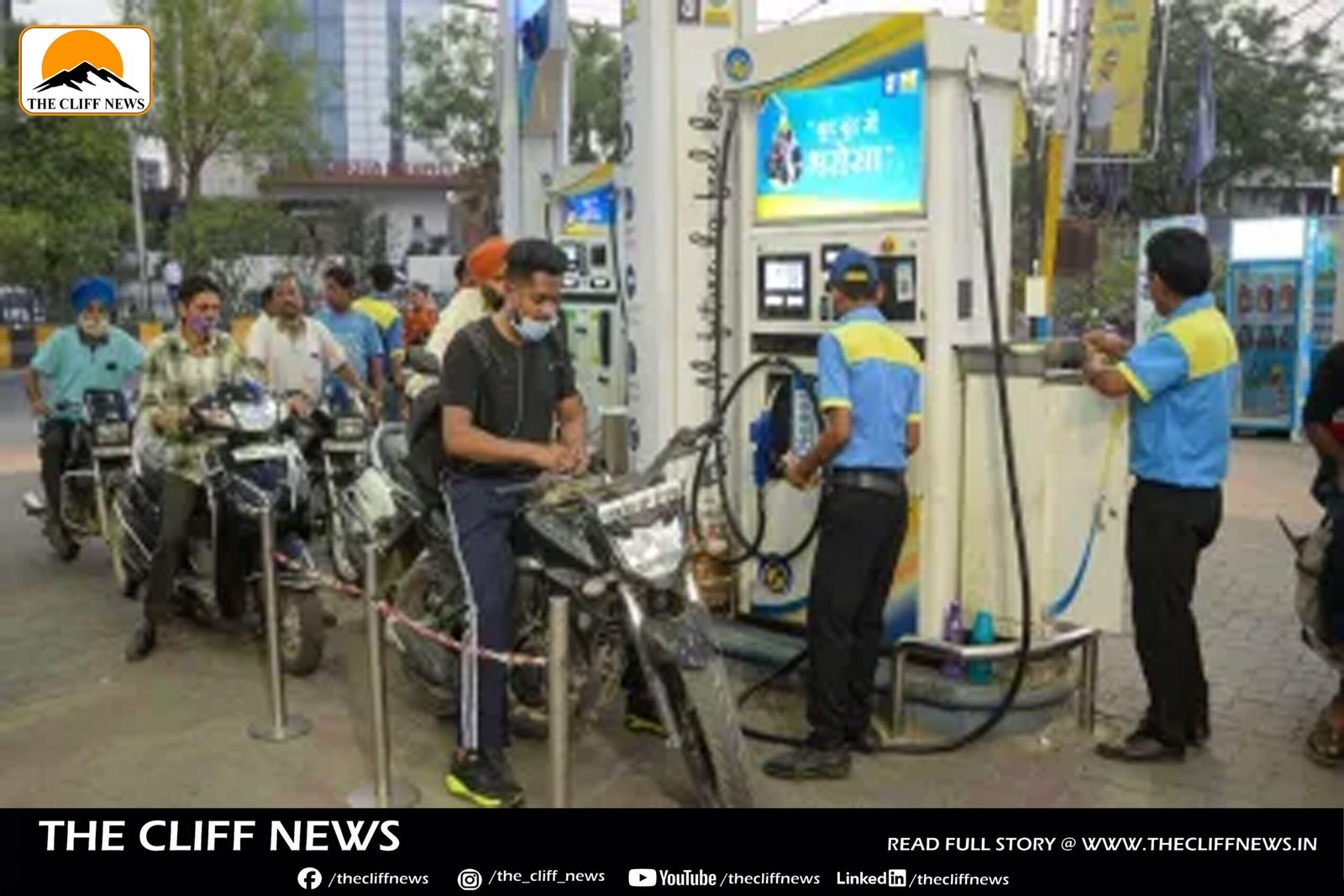The Special Intensive Revision (SIR) of Bihar’s electoral rolls, launched on June 28, marks the first such exercise since 2003. While aimed at updating and streamlining the voter rolls ahead of the Assembly elections due later this year, the initiative has stumbled at the very start, triggering widespread confusion and anxiety among rural voters—particularly in districts like Saran.
“Is this to check if I’m dead or alive?”
In villages near Chapra, Saran’s district headquarters, most voters remain unaware of the ongoing revision. Chandra Mohan Singh, a 65-year-old resident of Mahmada village and voter from booth no. 240, was handed an SIR form—but it still lies blank. When asked about it, he remarked wryly, “I think this form is to confirm whether I am dead or alive.”
Others in his family, like his wife Ramdai Devi, are similarly bewildered. Neither she nor her son can read the form. Like many, she has been instructed by the booth-level officer (BLO) to fill and return it immediately—but without any idea of what’s required.
Aadhaar, PAN, Voter ID… None Valid?
Adding to the chaos is the Election Commission’s strict criteria for acceptable documents. Common ID cards like Aadhaar, PAN, Voter ID, or Driving License—held by nearly every villager—are not considered valid proof for the SIR.
Instead, the EC has demanded older and far less accessible documents like:
- Birth certificates
- Education certificates
- Caste and residence certificates
- Land allotment or government employment documents
- Documents issued before 1967 by public authorities
This has left many like Yogendra Baitha, who proudly displayed all his ID cards, feeling frustrated. “If these are not valid, then what is? How can I get a birth certificate before the deadline of July 26?”
Complex Requirements, Low Awareness
The rules vary depending on the voter’s age:
- Those born before July 1, 1987 must show their own birth and residence proof.
- Those born between July 1, 1987 and December 2, 2004 must provide documents for themselves and one parent.
- Those born after December 2, 2004 must provide documents for both parents.
This complexity has made compliance nearly impossible for voters like Daulti Kumari, 26, who now lives with her husband’s family and has no papers from her parents.
Others, like Shiv Kumari Devi, who voted in the 2024 Lok Sabha election, are shocked at the possibility of being deleted from the voter list. “How can I be valid last year and invalid this year?” she asked.
“Where will we get these documents?”
Kanti Devi, from Dharampur village, says that the BLO filled out her form but she was told to submit documents she doesn’t have. “If they remove my name, I will sit on dharna at the block office,” she declared.
Similarly, Meena Devi, 66, criticised the impracticality of the process: “The government should open special counters at block offices for these documents, otherwise how will poor villagers get them in time?”
BLOs Admit Helplessness
Booth-level officers, who are frontline workers in this process, say they are simply following EC instructions. Dinesh Kumar, BLO of booth 240, admitted that there’s urgent need for mass awareness via radio, TV, and loudspeaker announcements. “We can guide voters, but we can’t fill everyone’s form personally,” he said.
Other BLOs echoed similar concerns. Bhupendra Kumar from booth 239 fears many voters may be unjustly removed. Ugrin Mahto of booth 271 added that some voters are being asked to produce documents of parents who are no longer alive, leaving even BLOs clueless about how to proceed.



